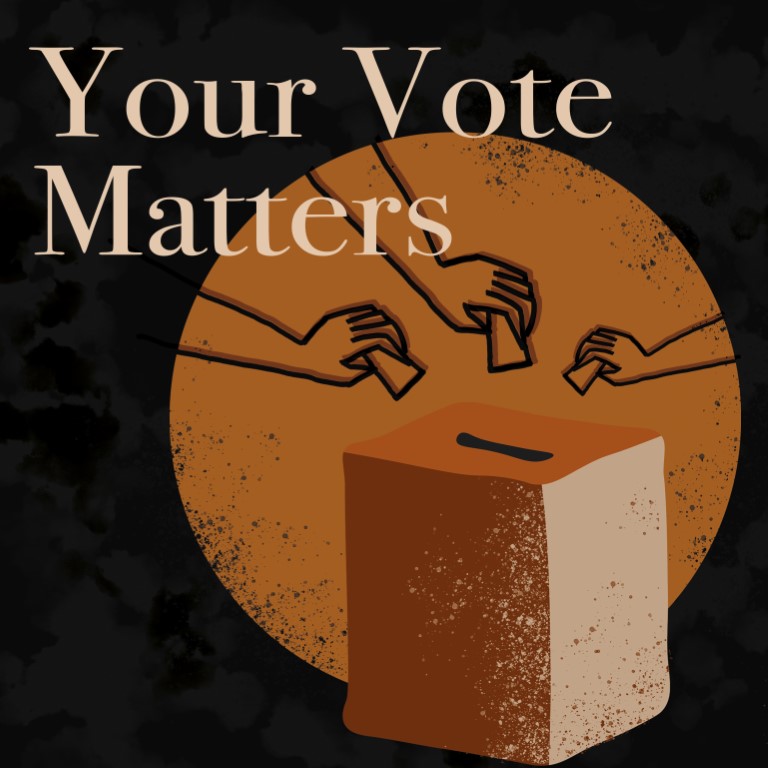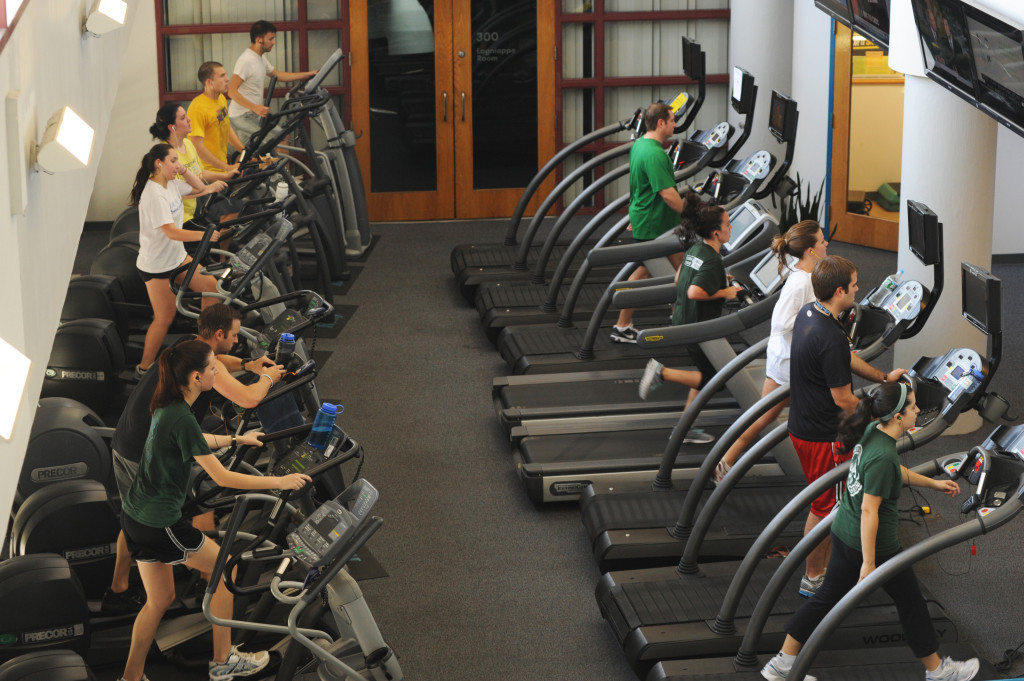
Major risk, majority reward
By Craig Allan, Staff Writer
Prest chalks up the lack of turnout to the pandemic and apathetic Liberal voters resigning to defeat and not turning up to the polls.
On September 21, BC NDP leader John Horgan—with a few months left in the NDP and a Green Party coalition government—decided to call a snap election during the pandemic to take a chance at consolidating power and claiming a majority. His gamble may have paid off, as the NDP (as of October 29) are projected to claim 55 seats (though many mail-in votes still need to be counted) and establish a majority government. To discuss the implications of this election win, the Other Press spoke with Douglas College Political Science Professor Stewart Prest about what this means for all the parties, and what British Columbians should expect in the next four years.
Prest says that now that the NDP may be controlling the legislature, they will be motivated to dispense the $1000 COVID relief benefits for families along with the advancement of $10 a day childcare. He points out that while the NDP had to work with the Greens in the last government, most of the bills passed were NDP bills regardless of Green support. “They were not making a tremendous amount of concessions to the Greens.”
While election night seemed to be success for the NDP so far, as of right now it is a disaster for the BC Liberals, who saw themselves likely shut out of Vancouver Island and a majority of the Lower Mainland; this was their worst election showing in almost 30 years. When asked what the Liberals need to do to become effective competitors in BC politics again, Prest pointed out that they are already on that path by sacking Andrew Wilkinson. “The leader sets the policy for the party,” so whoever they pick will set the tone for what the party will be in four years. He does admit though that the loss of urban parties is a big speed bump that the party will need to tackle in order to get back into power. That may involve having to take on more progressive stands on issues like police brutality but do it without abandoning the social conservative members of the party that still make up a big voting group.
When it comes to the scandals that plagued them during the election, Prest pointed out that these scandals were a real problem, especially the Laurie Throness incident, because that struck right at the centre of the divide between social Conservatives and progressive Conservatives in the party. “The socially Conservative members of the party likely did not take too kindly to Throness being removed from the party.” He also said the comments “reinforced the image of an ineffective leader” in regard to Wilkinson as someone who Prest says “was not in control of his party.”
When it comes to the Green Party—who maintained a projected three seats in the Legislature and won their first seat on the mainland—Prest said that while Green Party Leader Sonia Furstenau proved herself an effective leader in the debate this election was not indicative of possible future success for the party. “They are making some inroads in other parts of the province and in the interior, which is a good sign, but is not that important to the future success of the party.”
This election saw an all-time low in terms of votes. When asked if this is indicative of future degradation of the voting public, Prest pointed out that this may be more of an anomaly than an indication of a pattern since elections have gone up before this election. He chalks up the lack of turnout to the pandemic and apathetic Liberal voters resigning to defeat and not turning up to the polls. “I’m inclined to give the province a mulligan on this one.” Prest expects a return to a normal rise in voting when the pandemic is no longer a factor.
BC’s projected path could be set by the NDP for the next four years. Only time will tell how a potential majority NDP government will be viewed by the people. For the Greens and Liberals, there will be building and rebuilding in the hopes that come time for the next election, they will have a secure base to challenge the NDP for control of the province.



